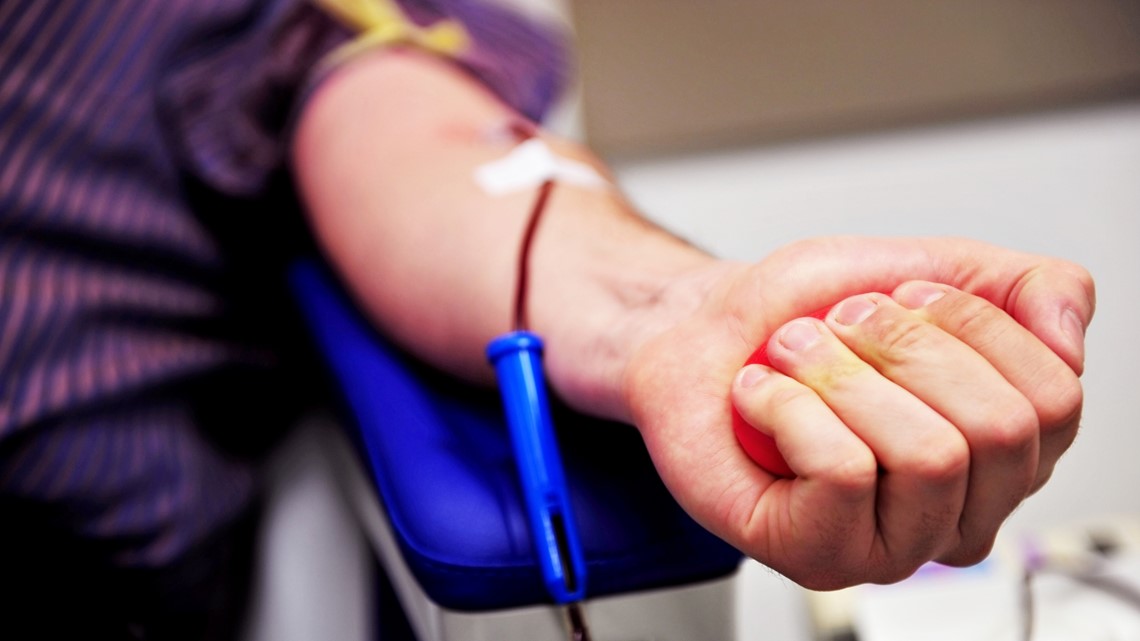Blood
Memorial Blood Centers, Red Cross welcome new LGBTQIA+ donors as supply shortages persist
New Food and Drug Administration screening guidelines reverses a 40 year policy and is now based on an individual risk assessment.
ST PAUL, Minn — Some organizations are declaring the national blood shortage an emergency.
The American Red Cross said the blood supply level dropped nearly 25% since early August and it can take weeks for inventories to rebound.
But a change in a federal policy is now allowing organizations, like the Red Cross and Memorial Blood Centers (MBC), to implement the change and allow more people to donate.
It’s a move that comes 40 years after the Food and Drug Administration first banned gay and bisexual men from donating blood. The FDA dropped that policy in May.
“We will be able to welcome a whole new population of donors who we’ve been waiting to welcome for some time,” said Phil Losacker, the community relations manager for the MBC.
The change starting Monday comes as MBC just declared a blood emergency. The region’s blood supply is well below the optimal five to seven days and while all blood types are needed, types O+, O-, B-, and platelets are critically low.
Last year, MBC declared an unprecedented three emergencies in six months.
“The need for blood is pretty consistent,” says Losacker. “What changes is people’s willingness or availability to donate blood.”
The sustained loss of first-time donors, fewer blood drives and more disaster responses are all impacting supply. It’s unclear how many more donors might step forward given the policy change. The new donor assessment focuses on each person, not sexual or gender identity.
“We’re hoping that translates into larger numbers of the population being eligible to give,” said Red Cross CEO Brice Johnson. “Any sort of an increase would be a tremendous movement.”
The old FDA policy was enacted in the 1980s over concerns about HIV transmission. But gay rights groups and leading medical associations have long opposed it. The American Medical Association criticized the FDA policy as unfairly singling out gay men rather than looking at a person’s individual risk factors. While gay men faced donation restrictions, even if they had protected sex, straight men and women who had unprotected sex with multiple partners could still donate.
“This is based on scientific studies by the Department of Health and based on information from other countries that have already adopted this, including Canada and England,” said Losacker. “It’s an easy identifiable problem and it’s an easily solvable problem.”
Part of the new screening process means that the three-month waiting period now applies to everyone with a new partner. But if anyone has tested positive for HIV, they are still permanently barred from donating blood.
For more information, call 1.888.GIVE.BLD (1.888.448.3253) or visit mbc.org.
Watch the latest local news from the Twin Cities and across Minnesota in our YouTube playlist:

